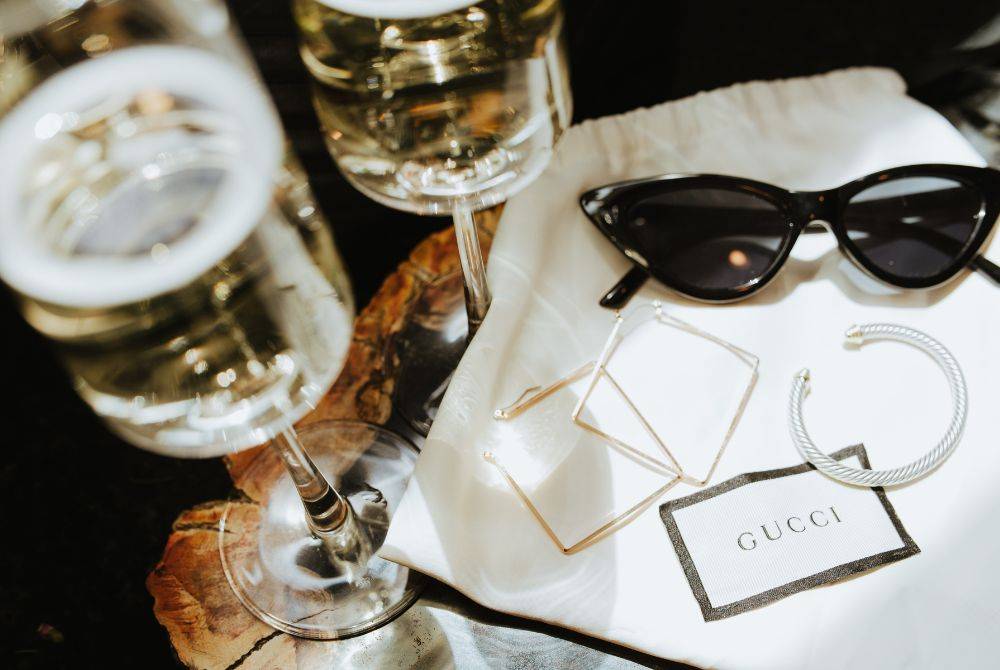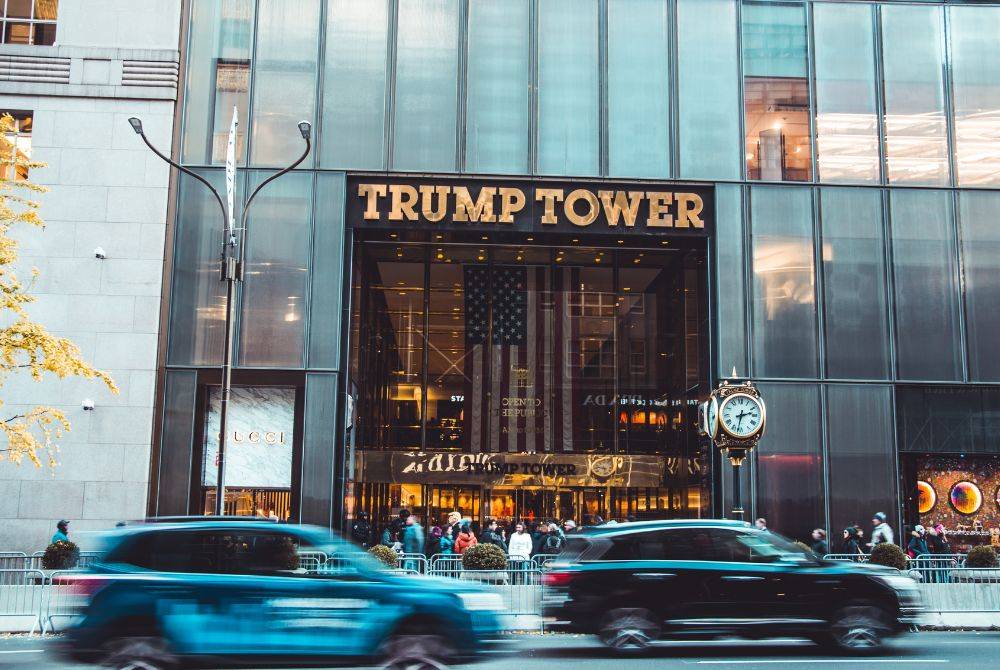SHAH ALAM - A new wave of viral TikTok videos from Chinese factories took social media by storm, exposing the reality of how luxury goods were made and sold, all thanks to the aggressive trade tariffs imposed by the US administration at the time.
These videos revealed how items like Birkin bags and Lululemon leggings could be purchased directly from China for a fraction of the price, bypassing the high markups typically associated with luxury brands.


The Trade War That Changed Everything
What began as a geopolitical move by the US administration to protect American manufacturing quickly escalated into a digital rebellion.
After the US imposed a hefty 145 per cent tariff on Chinese imports, China retaliated with a 125 per cent levy on American goods.
While diplomats engaged in behind-the-scenes negotiations, Chinese manufacturers took to TikTok with a highly public counterattack: transparency.
A wave of viral videos, some garnering millions of views, started surfacing, showing American consumers exactly how luxury goods were made—and more provocatively, how they could buy them directly from the factory, minus the brand markup.
In one of the most viewed clips, a woman stood in front of a textile machine, holding yoga pants she claimed came from the same production line as Lululemon.
"The material and craftsmanship were basically the same because they came from the same production line,” she said. The price? Just US$5–US$6, compared to Lululemon’s US$100 tag.
Another viral video showed a man in a Chinese warehouse offering what he called Louis Vuitton-style bags for just U$50.
"Let me tell you a secret: Louis Vuitton had many Chinese suppliers. They just didn't admit it,” he claimed.
These videos, dubbed "Trade War TikTok," transformed into an online marketplace, with direct links to factory websites and instructions for American consumers to buy goods at near-wholesale prices.
While the products often lacked logos, they’were claimed to feature the same materials and craftsmanship as their branded counterparts.
Breaking Down the Birkin
One of the most shocking revelations came from a Chinese factory owner who claimed to have produced goods for luxury brands like Gucci, Prada, Coach and Louis Vuitton for over 30 years.
In a viral video, he broke down the cost of a Hermès Birkin bag, which retailed for US$34,000 (RM150,144).
The high-end leather, metal hardware, lining, thread, edge oil, zippers and labour cost around US$1,400 (RM6,182.40).
"More than 90 per cent of the price was for the logo.
"But if you didn't care about the logo and wanted the same quality, same materials, you could just buy from us," he said.
Fashion, Athletics and More
The movement wasn’t confined to handbags and yoga pants.
TikTok videos also claimed to expose OEM (original equipment manufacturing) secrets for brands like Chanel, Estée Lauder, Bobbi Brown, Nike, Adidas and UGG.
"We made goods for Chanel, Estée Lauder and L’Oréal,” a woman in a beauty accessory factory confidently stated in a viral TikTok clip.
Another video showed a woman discussing the manufacturers behind Nike, Adidas, FILA and UGG, naming FJF Group, Pou Chen Group, HengLong Group and Shengtai Group as the manufacturers for these major brands.
Experts Weigh In
While the trend appeared empowering for consumers, experts urged caution.
Alex Beene, a financial literacy instructor at the University of Tennessee, weighed in on the recent trend.
"It’d been widely known for years that many American brands had benefited from cheaper production costs internationally... Don’t be shocked by some of these videos, but do take them with a grain of salt,” Beene told Newsweek.
Michael Ryan, a finance expert and founder of MichaelRyanMoney.com, also shared his thoughts.
"What we’re seeing with these Chinese factory videos isn’t just a TikTok trend. It’s economic warfare playing out on our phone screens.
"These videos hit a nerve because they exposed something we'd all suspected: the emperor of luxury retail might not have been wearing such exclusive clothes after all," he said.
Will Luxury Ever Be the Same?
The campaign has sparked a broader conversation about retail markups, brand value and consumer trust.
"What we’re likely seeing are sophisticated counterfeit operations seizing a marketing opportunity. They’re masters at blurring the line between ‘inspired by’ and ‘identical to,’” Ryan added.
However, this movement might force a reckoning.
"Smart luxury brands will respond with greater transparency about their craftsmanship and supply chains.
"The winners will be those who can prove their value beyond the label," Ryan said.
Whether viewed as a fight against elitism or a sophisticated economic strategy, one thing was clear: the world of luxury retail was being shaken from the factory floor up. And it all started with a TikTok video and a trade war.

